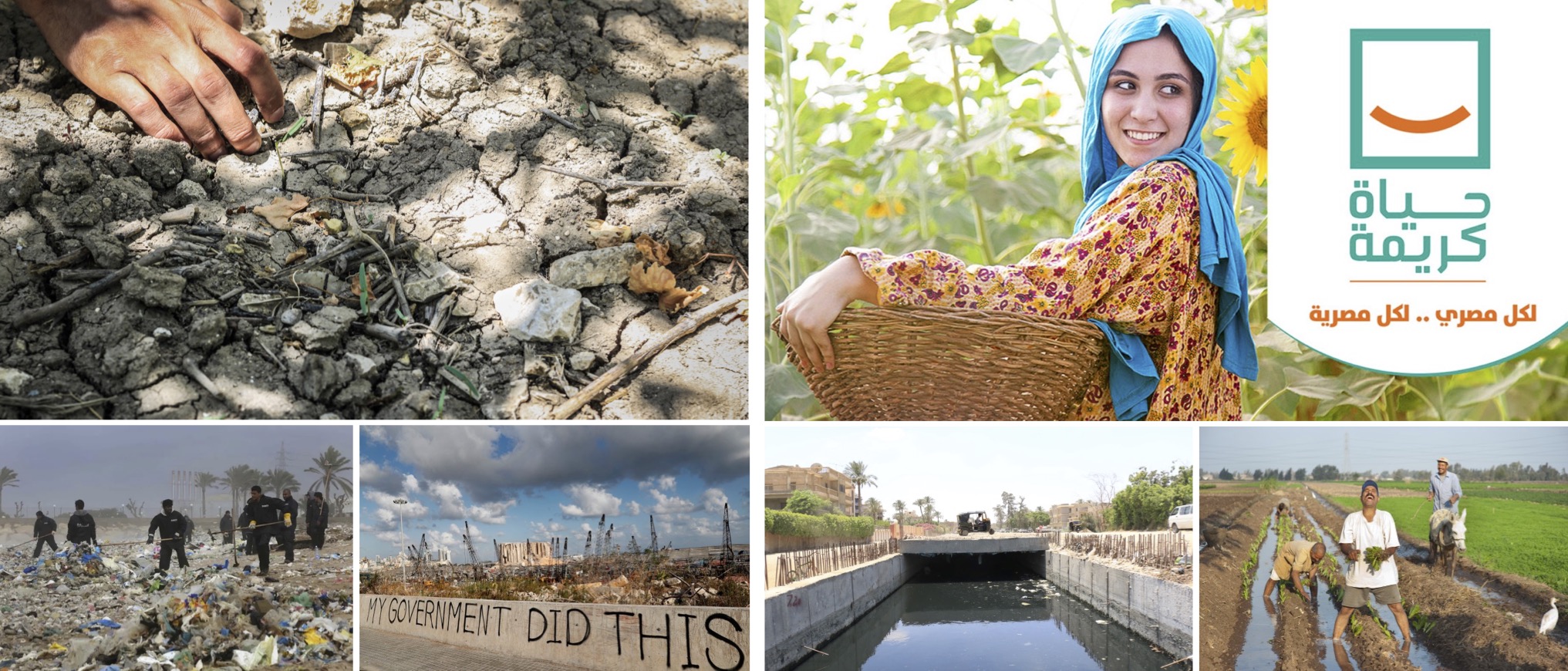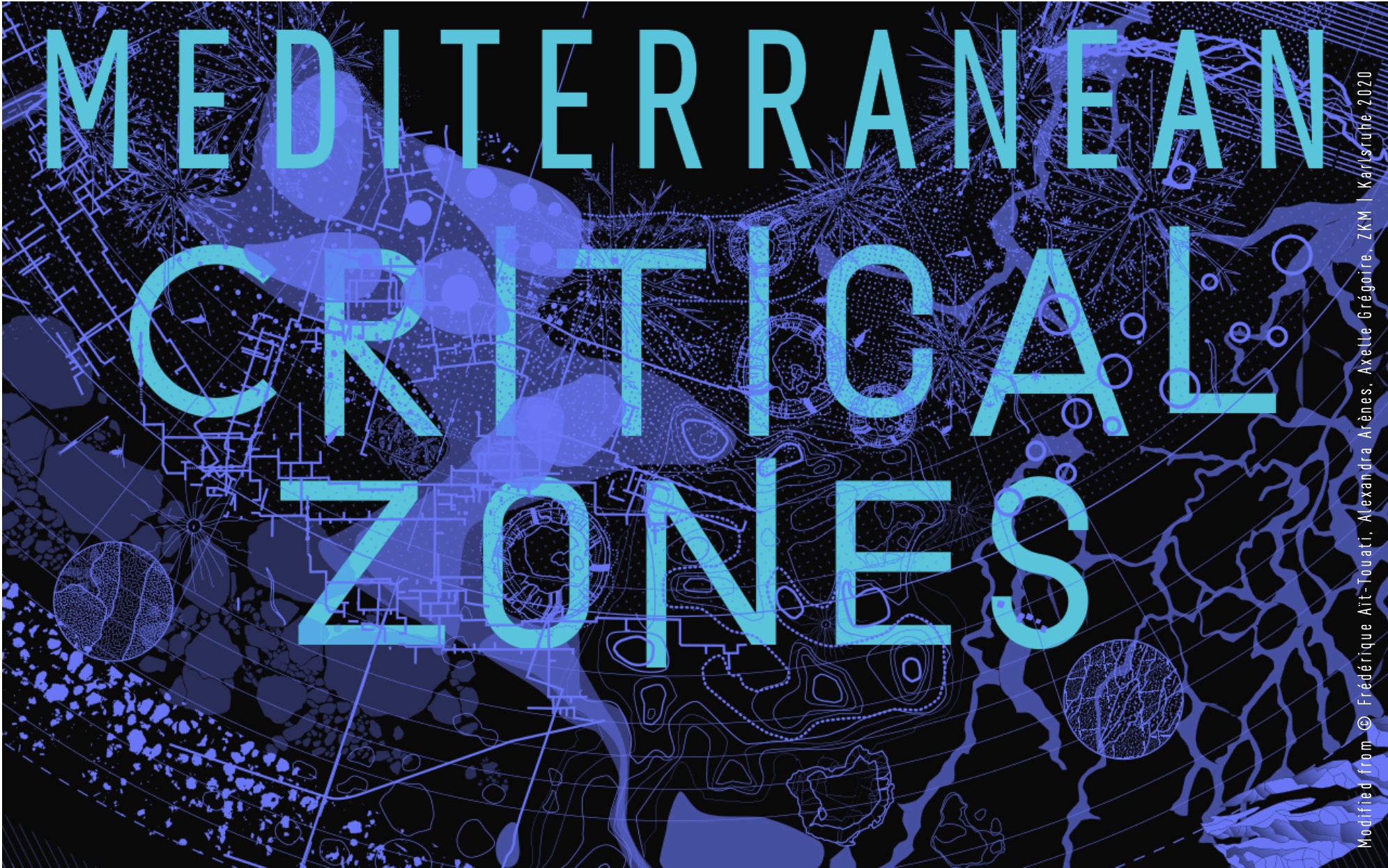Mediterranean Critical Zones - Socioecological Crises and Strategic Resilience in Egypt and Lebanon
Project Lead & Contact: Dr. Christoph Lange: c.langeuni-koeln.de
Project Summary
The Mediterranean has been declared a climate change hotspot exceeding global trends and averages for a number of climate and ecological variables and thereby exposing especially countries in the EMME region (East Mediterranean and Middle East) as the most vulnerable ones on Earth (Plan Bleu 2020: 62f.). In his research project Mediterranean Critical Zones - Socioecological Crises and Strategic Resilience in Egypt and Lebanon, Christoph Lange aims at investigating current approaches, responses, and forms of resilience to face the multitude and simultaneity of socio-ecological collapse and crises that are entangled in this threatening situation. The project is regionally situated at the intersection of the Middle East and Eastern Mediterranean region with Egypt and Lebanon as the two main field sites for a complementary comparative ethnographic study.
The project is linked to the newly established UNESCO-MOST BRIDGES Thematic Hub for Planetary Wellbeing at the University of Cologne and was choosen as a contribution to the BRIDGES: Humanities-led Coalition for Sustainability – Toward Societally Co-produced Sustainability Science for Global Impact.
The over-all goal is to develop a transdisciplinary heuristic that brings together critical approaches from science and technology studies, multidisciplinary environmental research around the so-called Anthropocene, global climate change and critical ecology studies with the anthropology of globalization and intervention in the context of impact-driven eco-humanitarian programs, policies and agendas, community-based environmental activism and ecological grassroot initiatives. The project seeks to explore and assess ongoing socio-environmental and developmental strategies including disaster preparedness projects and their implementation agendas as at the moment formulated and developed by supra-national and state institutions, policy makers, investors, environmental engineers and experts according to the United Nation’s SDGs and the EU Horizon’s Action Strategies. The main focus lies on local stakeholder perspectives in rural and urban communities in Egypt and Lebanon, civil society actors and activists and their responses to the envisioned plans and solutions (or the lack of them) in the face of repeated experiences of failed promises, and/or lack of participation and accountability.
The four main research outcomes are:
1. Development of an ethnographically grounded, stakeholder-focused methodology that is capable of capturing the current complex dynamics and multiscalar entanglements in the design and implementation processes of eco-humanitarian programs and interventions.
2. Provision of a heuristic which addresses prevalent failures and problems of scaling, translating, and collaborating between diverse groups of actors involved to reduce such failures and to advance new collaborative forms for implementing socio-environmental strategies.
3. Contribution to a better understanding of the underlying onto-epistemological constraints in the entangled fields of environmental humanities and social sciences, Earth and engineering sciences and research-driven environmental policies.
4. Establishment of an international research network of regional experts and partners in the EMME region, which will enhance cooperation and exchange between the participants and lead to further collaborative research and projects addressing Mediterranean critical zones of global climate change.

